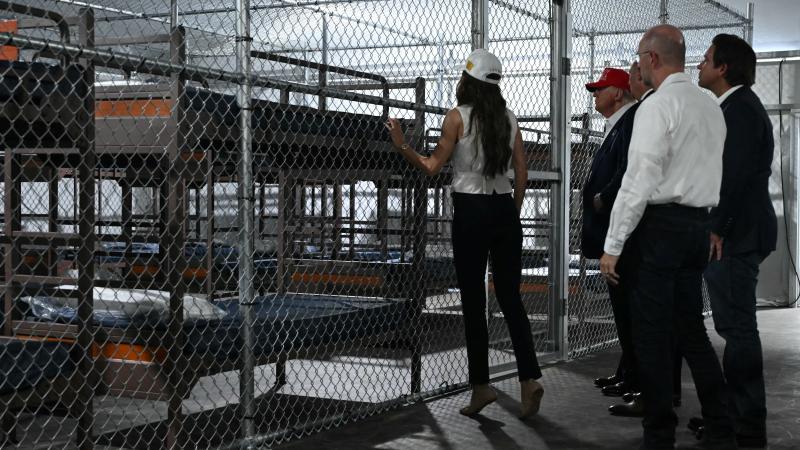Carbon tax repeal effort reignited
Since 2009, RGGI credits have collectively reduced greenhouse gas emissions 50% faster than the rest of the country and returned $6 billion back to its member states.
The Legislature will take another stab at repealing Pennsylvania’s pending carbon tax.
Sen. Gene Yaw, R-Williamsport, introduced a bill on Monday that would erase the regulations that entered the state into the Regional Greenhouse Gas Initiative, or RGGI, against the wishes of the lawmakers.
“For four years, Pennsylvania taxpayers have footed the bill for this unconstitutional, unilateral decision,” Yaw said. “RGGI is wrong for Pennsylvania, and it is time to repeal this regulation and focus on putting forth commonsense, environmentally responsible energy policy that recognizes and champions Pennsylvania as an energy producer.”
RGGI involves a collection of Northeast and Mid-Atlantic states that charge power producers for the emissions their facilities create. The initiative does so through a quarterly auction where facilities buy or trade pollution credits. The total amount of credits available will eventually dwindle to zero over the next 20 years.
Since 2009, RGGI credits have collectively reduced greenhouse gas emissions 50% faster than the rest of the country and returned $6 billion back to its member states.
Those states, however, opted to join the program with legislative approval. Former Gov. Tom Wolf’s decision to enter RGGI through regulation ran afoul of the constitution, critics said – a position to which the Commonwealth Court agreed.
Gov. Josh Shapiro’s administration recently appealed the decision, citing a desire to protect the regulatory authority of future governors. A spokesman also said he’d be open to signing a bill that offers a better alternative.
In a recent report from the Kleinman Center for Energy Policy at the University of Pennsylvania, researchers concluded that RGGI participation will reduce the state’s electricity sector emissions by 84% in 2030, compared to roughly 52% without.
This can be achieved without raising utility bills or decimating energy exports, according to the report. Researchers said wind and solar generation will soften the impact of lost natural gas production and retail electricity prices will actually decline 0.6% by the time the RGGI cap zeroes out in 2040.
For critics like Yaw, however, the modeling defies logic. Air pollution doesn’t respect geographical borders, they say, so nonparticipating neighbors like Ohio and West Virginia will still release carbon dioxide into the air, unfettered and unregulated – not to mention the atmospheric contributions from the rest of the world.
Natural gas plants, they add, are largely responsible for lowered emissions across the region, so taxing them and other legacy generators into extinction will raise consumer prices and destabilize the power grid.
“Not only would RGGI leave thousands struggling to pay their utility bills during a time of record inflation, but it would also have a detrimental impact on the reliability of our region’s already strained electric grid,” he said Monday. “There is more work to be done, but this legislation is an important component to ensuring energy reliability, sustainability, and affordability for Pennsylvania families and businesses.”















